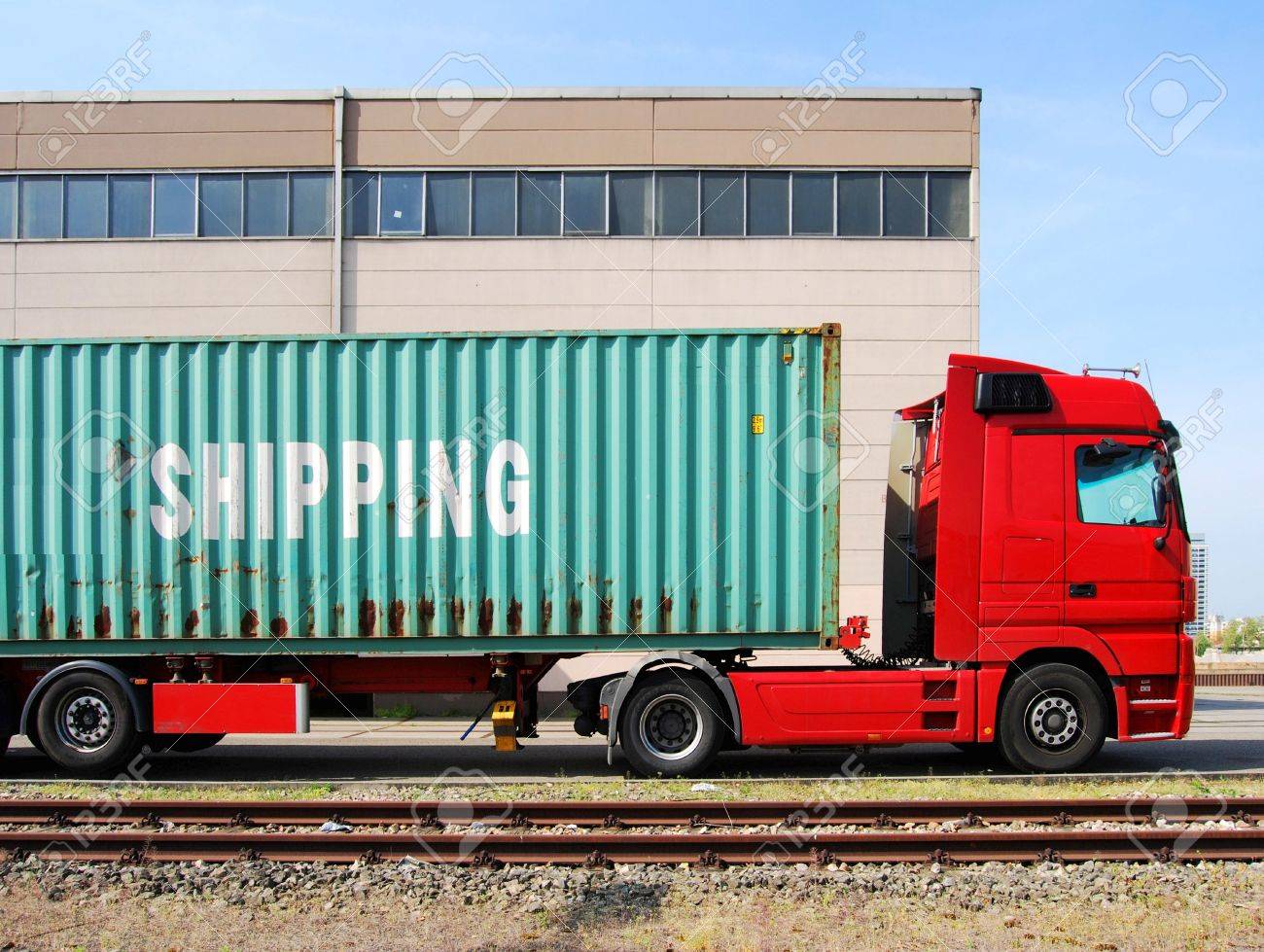
Logistics Innovators Dominate Market with Top-Notch Solutions in India
In the bustling landscape of India's logistics industry, innovation reigns supreme. With a burgeoning economy and the advent of advanced technologies, Logistics solution company in india are pioneering solutions to meet the evolving demands of businesses and consumers alike. From efficient supply chain management to last-mile delivery, these innovators are reshaping the market with their top-notch solutions, driving growth and revolutionizing the way goods move across the nation.
The Dynamics of India's Logistics Industry
India, with its vast geographical expanse and diverse terrain, presents unique challenges and opportunities for logistics providers. The industry plays a pivotal role in facilitating trade, connecting producers with consumers, and driving economic development. However, traditional logistics models often struggled to cope with the complexities inherent in India's infrastructure, regulatory framework, and geographic diversity.
In recent years, a wave of innovation has swept through the sector, propelled by advancements in technology, data analytics, and operational strategies. These innovations have unleashed a wave of transformation, empowering logistics companies to streamline processes, enhance transparency, and deliver superior services to their clients.
Harnessing Technology for Efficiency
At the heart of this transformation lies technology. Logistics companies are leveraging cutting-edge solutions such as artificial intelligence (AI), Internet of Things (IoT), and blockchain to optimize operations and improve decision-making. AI-powered algorithms are revolutionizing route planning, warehouse management, and demand forecasting, enabling companies to minimize costs and maximize efficiency.
IoT devices, equipped with sensors and tracking mechanisms, provide real-time visibility into the movement of goods, allowing logistics providers to monitor shipments, optimize routes, and mitigate risks effectively. Meanwhile, blockchain technology is enhancing transparency and security in supply chains, enabling seamless traceability and reducing the incidence of fraud and counterfeiting.
Meeting the Challenges of Last-Mile Delivery
One of the most significant challenges in the logistics landscape is the last-mile delivery—the final leg of the supply chain that involves transporting goods from distribution centers to end customers. In India, where congested urban areas and remote rural regions present logistical hurdles, efficient last-mile delivery is crucial for customer satisfaction and business success.
To address this challenge, logistics innovators are deploying a range of solutions, including crowdshipping, drone delivery, and smart lockers. Crowdshipping platforms harness the power of the sharing economy, connecting individuals who are willing to deliver packages with those in need of delivery services. This decentralized approach not only enhances the speed and flexibility of last-mile delivery but also reduces costs and carbon emissions.
Drone delivery represents another frontier in last-mile logistics, particularly in remote areas with limited infrastructure. By leveraging unmanned aerial vehicles (UAVs), logistics companies can overcome geographical barriers and deliver packages swiftly to even the most inaccessible locations. Additionally, smart lockers provide a secure and convenient alternative for parcel pickup, enabling customers to retrieve their shipments at their preferred time and location.
Embracing Sustainability and Environmental Responsibility
In an era marked by growing environmental concerns, sustainability has emerged as a key priority for logistics companies. With the rise of e-commerce and the increasing volume of goods being transported, there is a pressing need to minimize the carbon footprint of logistics operations and adopt eco-friendly practices.
Innovative solutions such as green logistics, electric vehicles (EVs), and alternative fuels are gaining traction among forward-thinking companies committed to environmental responsibility. Green logistics initiatives focus on optimizing transportation routes, reducing empty miles, and maximizing vehicle utilization to minimize fuel consumption and emissions.
Moreover, the electrification of fleets is rapidly gaining momentum, with logistics providers investing in electric trucks, vans, and bikes to reduce dependence on fossil fuels and curb pollution. Additionally, the adoption of renewable energy sources such as solar and wind power for warehouse operations further contributes to the sustainability efforts of the industry.
The Road Ahead: Collaboration and Adaptation
As logistics innovators continue to push the boundaries of possibility, collaboration and adaptation will be essential for navigating the complexities of the evolving market landscape. Strategic partnerships between logistics companies, technology providers, and government agencies can foster knowledge exchange, facilitate the adoption of best practices, and drive collective progress.
Furthermore, agility and adaptability will be critical attributes for success in an industry characterized by rapid change and disruption. Logistics solution company in india must remain vigilant, continuously monitoring market trends, embracing emerging technologies, and evolving their strategies to stay ahead of the curve.
In conclusion, the future of India's logistics industry is bright, fueled by innovation, technology, and a relentless commitment to excellence. By harnessing the power of top-notch solutions and embracing the principles of efficiency, sustainability, and collaboration, logistics innovators are poised to dominate the market and shape the trajectory of India's economic growth for years to come.